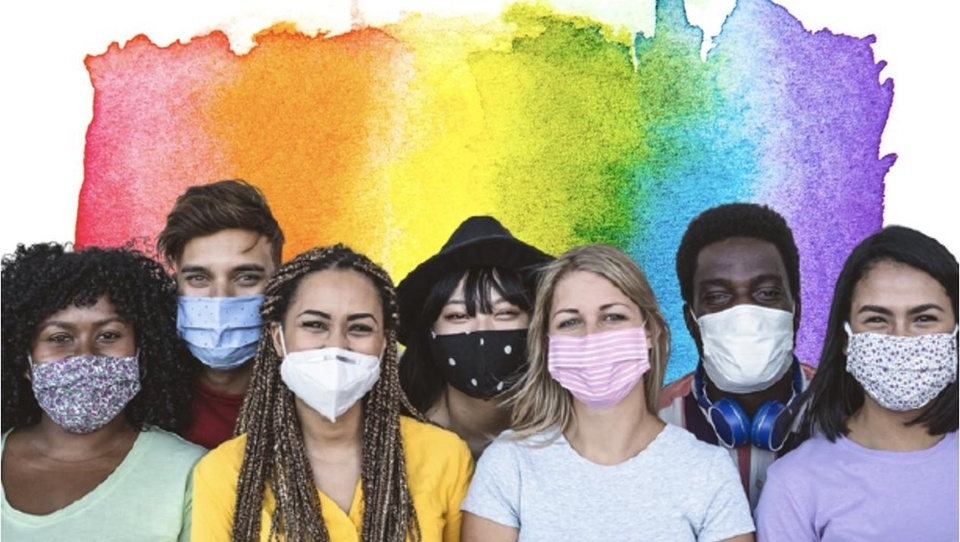Out Boulder County has completed what may be the nation's first survey of COVID-19 vaccine reluctance among LGBTQ people. The survey offers a look into the attitudes of a community that has often gone unseen in public health efforts because information about sexual orientation and gender identity is rarely collected in federal, state or local health data. For example, there are no questions about sexual orientation or gender identity on the U.S. Census. The Department of Health and Human Services rarely collects this information in its public health surveys or other data gathering. "If LGBTQ people are not identified in data collection, we cannot be seen by public health agencies, hospital systems and other health care organizations," said Mardi Moore, executive director of Out Boulder County, which provides advocacy, services, programs and support to Boulder County's LGBTQ communities. "If they don't see us, we don't exist, and getting resources allocated to us is nearly impossible. Sexual orientation and gender identity have to be part of the data that health organizations collect," she added. When it comes to COVID-19 vaccine reluctance, this information is crucial to an effective community vaccination program, which requires participation by people of every demographic. Like members of many marginalized groups, LGBTQ people may have a greater distrust of health care systems or the government — both of which can contribute to a reluctance to get the COVID-19 vaccine. The survey by Out Boulder County is the first to look at attitudes among LGBTQ people. It's a reminder that LGBTQ identity has the potential to be nearly as important as race/ethnicity or political affiliation in determining whether a person is willing to get the COVID-19 vaccine. Tap link in bio to continue on @EDGEmedianetwork ?: Getty

Out Boulder County has completed what may be the nation's first survey of COVID-19 vaccine reluctance among LGBTQ people. The survey offers a look into the attitudes of a community that has often gone unseen in public health efforts because information about sexual orientation and gender identity is rarely collected in federal, state or local health data. For example, there are no questions about sexual orientation or gender identity on the U.S. Census. The Department of Health and Human Services rarely collects this information in its public health surveys or other data gathering. "If LGBTQ people are not identified in data collection, we cannot be seen by public health agencies, hospital systems and other health care organizations," said Mardi Moore, executive director of Out Boulder County, which provides advocacy, services, programs and support to Boulder County's LGBTQ communities. "If they don't see us, we don't exist, and getting resources allocated to us is nearly impossible. Sexual orientation and gender identity have to be part of the data that health organizations collect," she added. When it comes to COVID-19 vaccine reluctance, this information is crucial to an effective community vaccination program, which requires participation by people of every demographic. Like members of many marginalized groups, LGBTQ people may have a greater distrust of health care systems or the government — both of which can contribute to a reluctance to get the COVID-19 vaccine. The survey by Out Boulder County is the first to look at attitudes among LGBTQ people. It's a reminder that LGBTQ identity has the potential to be nearly as important as race/ethnicity or political affiliation in determining whether a person is willing to get the COVID-19 vaccine. Tap link in bio to continue on @EDGEmedianetwork
?: Getty
?: Getty
Original Source
🔗
View Original Post
